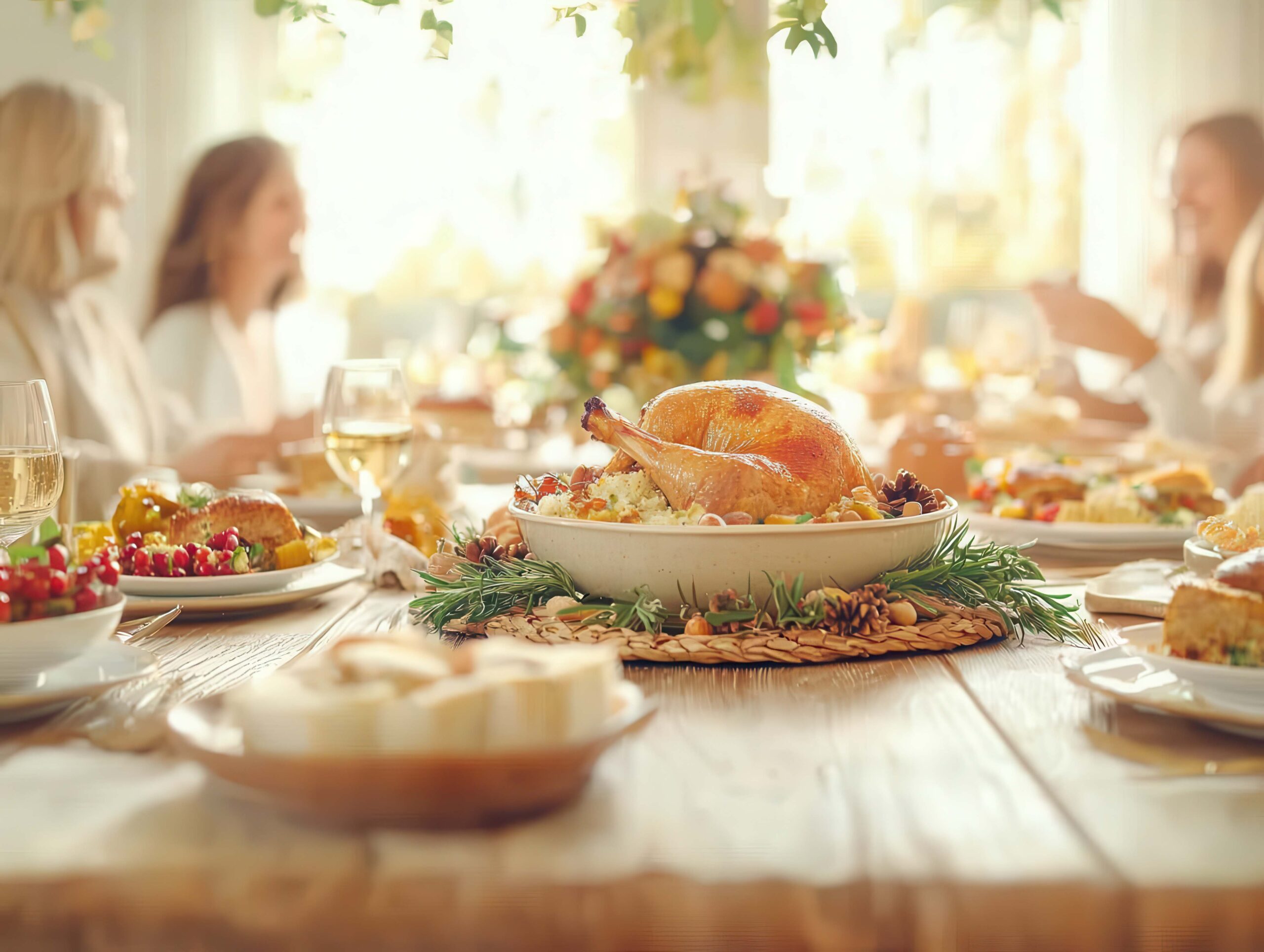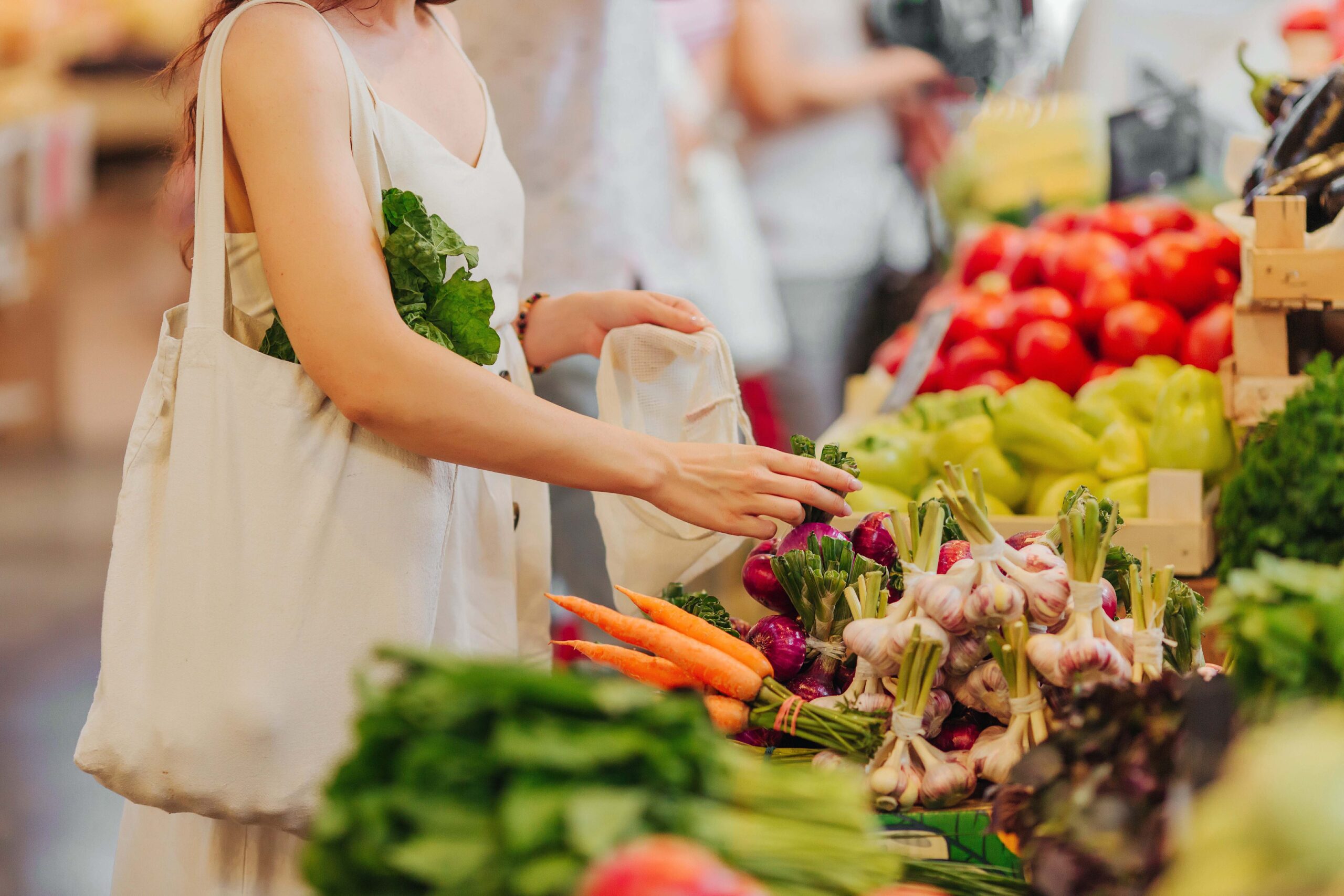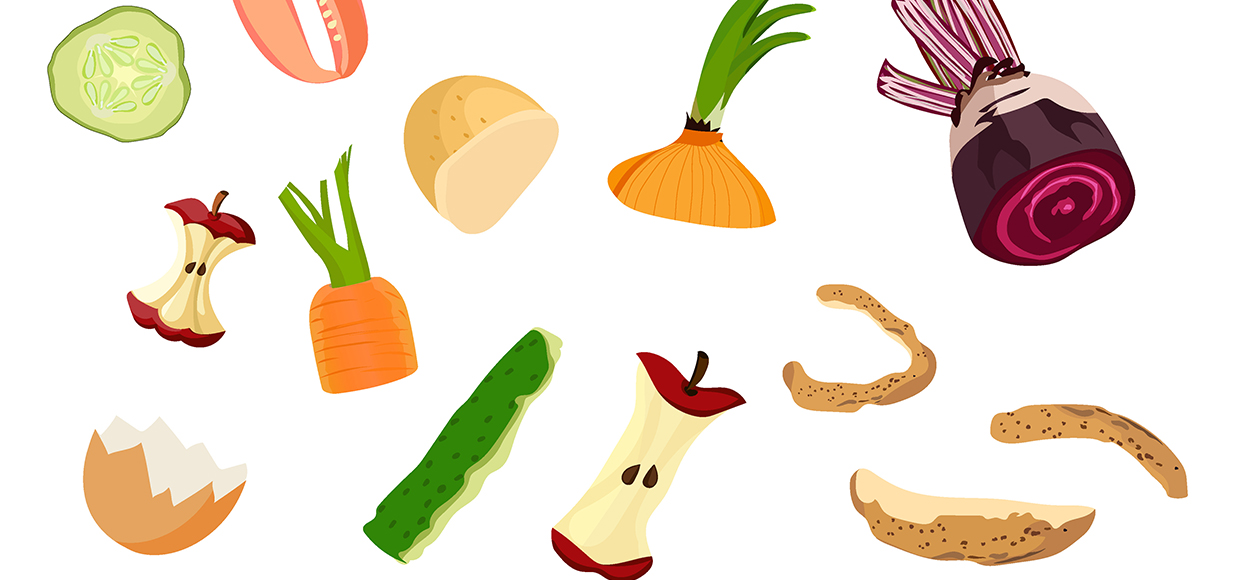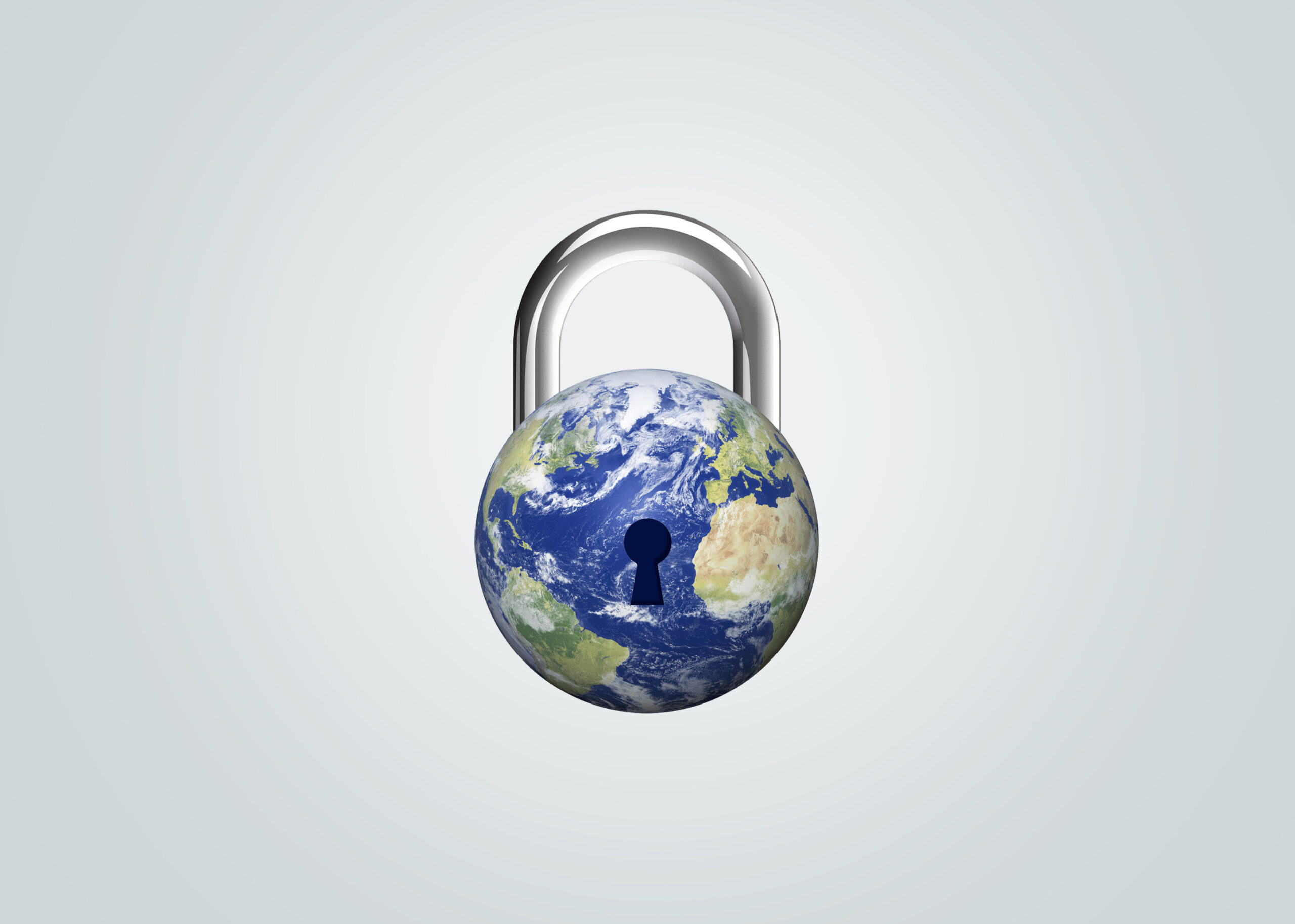As Christmas approaches, most of us are full of festive cheer and ready to celebrate with family and friends. However, while many households believe they waste less food during the holiday season, new research reveals that food waste remains a persistent challenge that often goes unnoticed.
According to a study conducted by Love Food Hate Waste NZ, which surveyed over 500 households across New Zealand, Kiwis are adopting better food waste habits during the festive season. The use of leftovers, meal planning and shopping with a list all see a marked increase during Christmas week compared to an ordinary week. Yet, despite these efforts, food waste is still prevalent.

What did the research show?
Self-reported waste: One in five households claimed they had no food waste during Christmas, and over 90 per cent reported wasting only one 2L container or less of food.
Sources of waste: Around a quarter of households attribute their Christmas food waste to overcooking and not using leftovers, with the pressure to offer a large variety of dishes contributing significantly to the problem.
Types of food wasted: Poultry, pork and seafood see a notable increase in waste during Christmas compared to other times of the year, driven by traditional holiday feasts.
Storage challenges: Nearly a third of households struggle with limited storage space, and one in five expressed concerns about food safety, especially with food left out during gatherings.

Despite these positive changes, Juno Scott-Kelly, Marketing and Communications Manager for Love Food Hate Waste NZ, notes that there’s a discrepancy between perceived and actual food waste. “Our findings suggest that while many Kiwis believe they waste less food during Christmas, there is still waste happening – we are possibly just blind to it,” she says. “With our festive goggles on, it is easy to overlook those extra servings, or the food left out too long, but it all adds up.”
The study highlights that the main drivers of food waste during the festive season include unutilised leftovers, excessive cooking and over-purchasing. Barriers to reducing waste include limited storage space, difficulty in judging portion sizes and food safety issues.
Planning is crucial for minimising food waste during the holidays. Juno emphasises that many Kiwis fail to consider portion sizes when planning their festive meals, which often leads to overcooking. “Recognising these challenges, we’ve launched a Chill Out initiative, which aims to equip Kiwis with essential tools around meal planning, food storage and food safety for the festive season,” she says.
By setting fridges and freezers to the right temperature and clearing out old items to make room for holiday food, households can avoid unnecessary waste. “These small steps can make a big difference in ensuring that special meals don’t end up in the bin,” Juno advises.
Even though Kiwis have improved their usage of leftovers compared to an average week, uneaten food from plates remains the most common type of waste, followed by vegetables, bread, and fruit. The festive season also tends to increase wastage of meats and seafood, due to larger purchases aimed at catering to varied tastes.
By adopting smarter shopping and cooking habits, you can enjoy a festive season that not only celebrates togetherness but also reduces food waste. This Christmas, let’s not just celebrate the season but also cherish every bite, ensuring that our festive feasts are remembered for all the right reasons.
Check out Love Food Hate Waste’s Chill Out resources, filled with practical tips for meal planning, food storage and safety – you can also take the quiz to test your food waste knowledge and be in to win one of three $200 vouchers.







